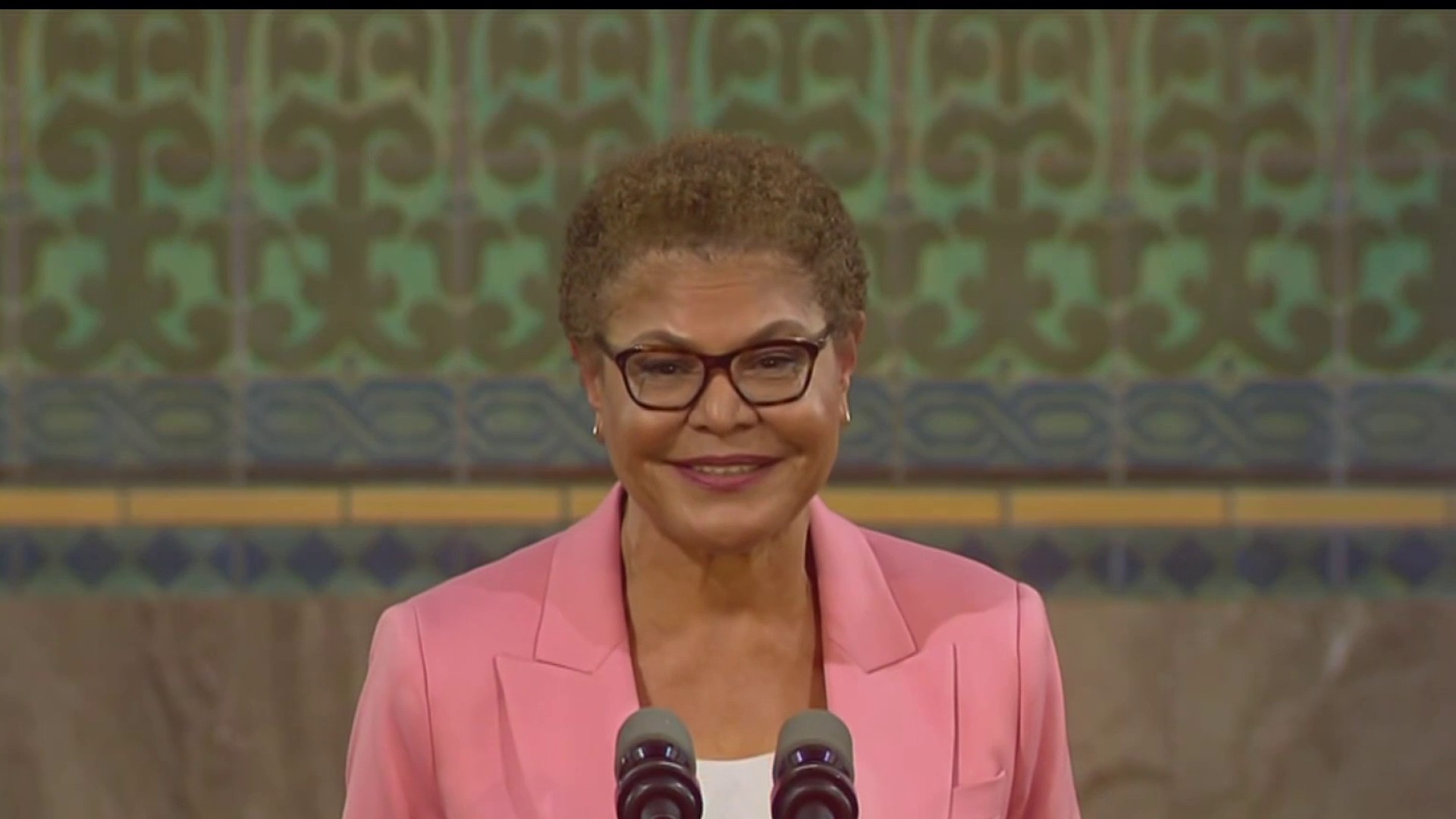A court ruling that strikes down a beach city law limiting where and how day laborers can look for work may have impact far beyond that community.
Redondo Beach city leaders are struggling over whether to fight the ruling by the U.S. 9th Circuit Court of Appeals.
The ruling says the city law barring standing on a street or highway and soliciting “employment, business or contributions from an occupant of any motor vehicle,” is unconstitutional because it is so broad, it could refer to any solicitation, such as a Girl Scout selling cookies or children selling lemonade.
The law had been in place since 1987, but it wasn’t really enforced until 2004 when a solicitation crackdown in the city resulted in the arrests of dozens of day laborers.
The National Day Laborer Organizing Network sued Redondo Beach and since then a court injunction has prevented the city from enforcing the law.
In the wake of the Friday ruling by the U.S. 9th Circuit Court of Appeals, the ordinance could be gone for good, unless the city decides to appeal.
Michael Webb, Redondo Beach city attorney, would not say which way the city is leaning, but council members have 90 days from Friday to appeal the court’s decision.
“As would any litigation, [an appeal] would be expensive, but on the other hand, if we don’t seek review it is certainly going to leave us with no ability to enforce or respond effectively to citizen complaints,” Webb said.
Local
Get Los Angeles's latest local news on crime, entertainment, weather, schools, COVID, cost of living and more. Here's your go-to source for today's LA news.
“We get constant complaints from citizens and businesses, and we have to explain to them, we can’t do anything,” he said.
Redondo Beach has tried other avenues, like enforcement of trespassing laws, to curb solicitation by day laborers, but city officials say they didn’t work.
Friday’s ruling could set a precedent for similar solicitation ordinances to change in at least 50 other California cities, Latino advocacy groups say.
The ordinance was strictly meant to control traffic safety at intersections where day laborers have been known to gather, according to city officials.
But Latino and labor advocacy groups, who call Friday’s ruling a victory, say the issue is linked to immigration.
Day laborer ordinances often stem from anti-immigration sentiment, according to Thomas Saenz, president of the Mexican American Legal Defense and Educational Fund.
“Usually, it’s an elected official or police official who receives complaints from people accusing day laborers of doing things, like urinating and cat calling," said Saenz.. "It’s really motivated by fear of people being different.”
Webb disagreed.
“This is a problem that dates back as far as 1981. It is absolutely not an immigration issue. It is a public safety issue,” Webb said. “The immigration argument may be a nice political spin, but it is completely not supported by the facts.”
Follow NBCLA for the latest LA news, events and entertainment: Twitter: @NBCLA // Facebook: NBCLA



